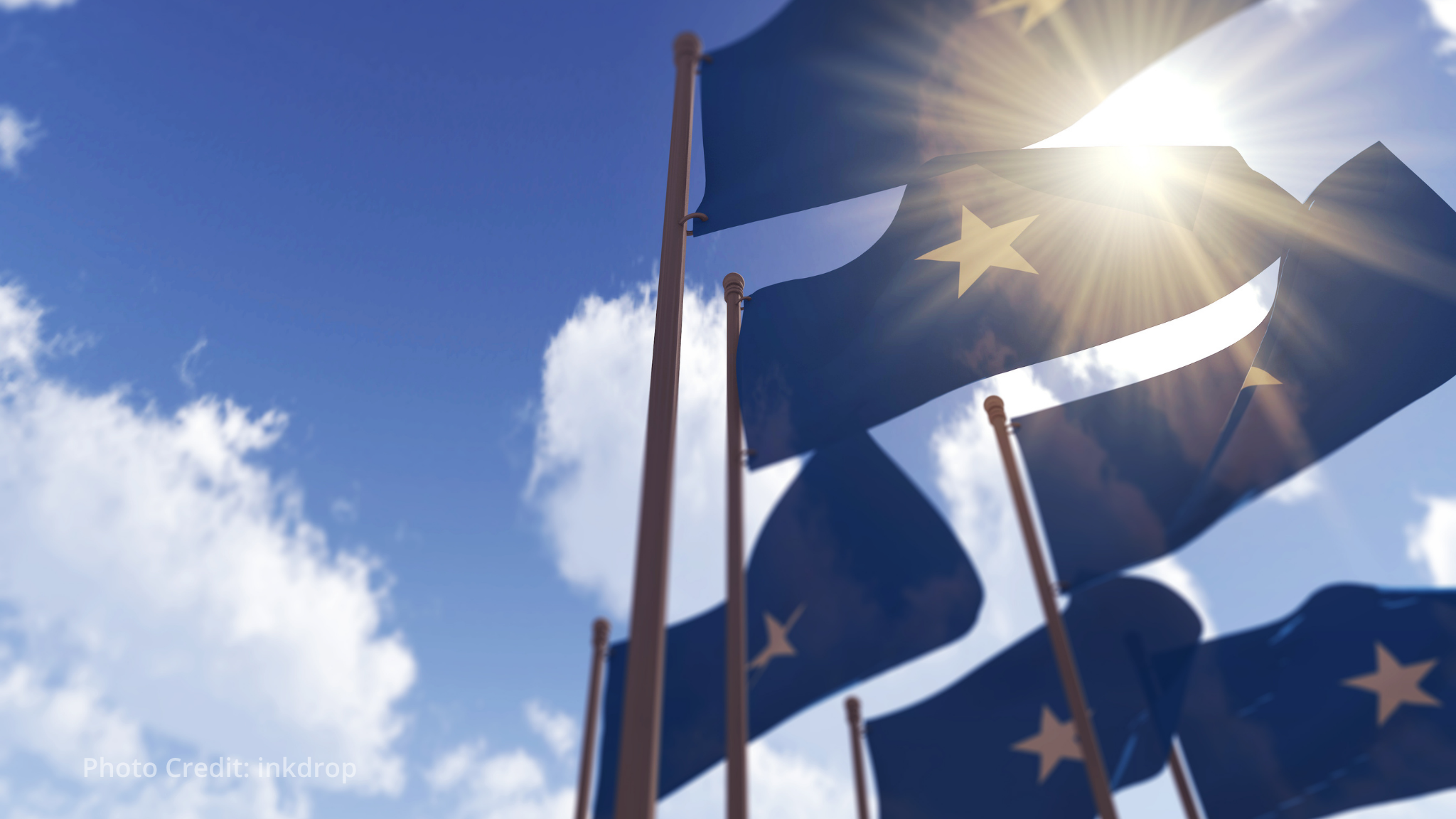The Government of United Kingdom pledged over $30 million to help Somalia’s security forces fight al-Shabaab and stabilize the country, according to government announcement. The money splits between $8 million for the UN Support Office in Somalia and $22 million for the African Union’s peacekeeping mission AUSSOM.
The funding will pay for food rations, medical supplies, tents, and casualty evacuation for Somali troops who are gradually taking over security responsibilities from international forces. Britain announced the pledge at a donor conference held during the UN General Assembly, showing continued international support for Somalia’s fight against terrorism. This brings the UK’s total contribution to Somalia’s security efforts to nearly $140 million since 2021.
Somalia has been trying to build up its own security forces to replace African Union peacekeepers who have been fighting al-Shabaab militants for years. The terrorist group still controls large parts of rural Somalia and regularly launches attacks in Mogadishu and other cities. Somali forces need lots of support – everything from basic supplies to medical evacuation when soldiers get wounded in battle.
The $8 million for UNSOS will keep essential supplies flowing to 18,900 Somali National Army and Police personnel across the country. This brings the UK’s total UNSOS support to over $58 million since 2021. The bigger chunk – $22 million for AUSSOM – helps African Union forces work with Somali troops to clear areas of al-Shabaab fighters and then hand control to local security forces.
“The UK has been a committed partner to Somalia for over a decade, recognising that its security is vital to regional stability and prosperity,” said Development Minister Baroness Chapman. She added that the funding supports “a future where trade thrives, communities flourish, and terrorism no longer threatens everyday life.” The UK co-hosted the donor conference with Somalia, the African Union, and the UN to rally international support.
The funding reflects Britain’s belief that African-led solutions work best for African problems, but only when backed with sufficient resources from international partners who have a stake in regional stability.

